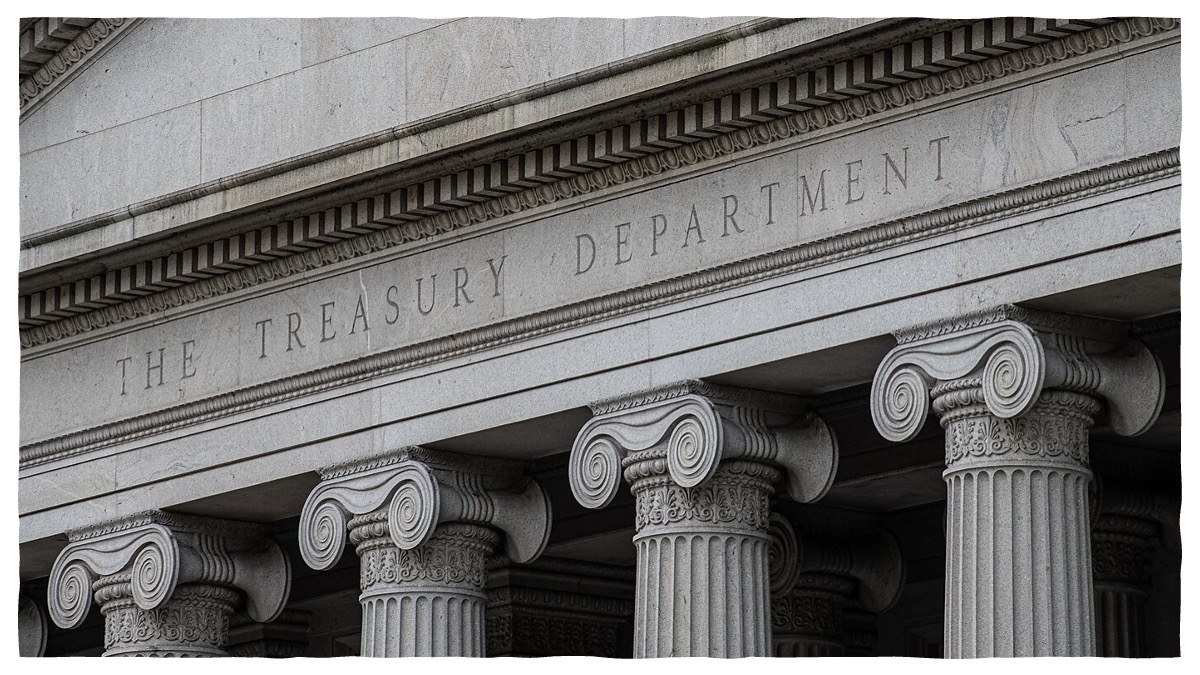The Nigerian equity market is poised to navigate significant headwinds in 2025 as rising US bond yields reshape global capital flows. With the US Federal Reserve maintaining a hawkish stance, the sustained surge in Treasury yields has made dollar-denominated assets more attractive to investors. For Nigeria, this shift could dampen foreign portfolio inflows, increase volatility, and challenge the ability of local equities to sustain recent gains. This article examines how the US bond yield hikes are expected to influence the dynamics of Nigerian equities in the coming year.
The US Bond Yield Surge and Its Global Ripple Effect
Why Bond Yields Matter
US Treasury yields are a global benchmark for risk-free returns. Rising yields signal tighter monetary policy, attracting capital to the US and raising the opportunity cost of investing in emerging markets like Nigeria.
Impact on Global Capital Flows
- Higher yields divert funds from riskier assets, including equities, to the safety of US bonds.
- The rising Dollar Index, buoyed by strong yields, increases the cost of foreign investments in non-dollar markets, including Nigeria.
Implications for Nigerian Equities
1. Declining Foreign Portfolio Investment
- In 2024, foreign portfolio investors contributed significantly to the Nigerian Stock Exchange (NGX), buoyed by reforms in forex management and the removal of fuel subsidies. However, the rising yields in the US threaten to reverse this trend in 2025.
- The attractiveness of US bonds, combined with Nigeria’s inflation (34.6%) and currency volatility, could push foreign investors toward safer US assets.
2. Currency Volatility
- A strengthening dollar exacerbates pressure on the naira, increasing exchange rate risks for foreign investors in Nigerian equities.
- Currency depreciation could deter long-term equity investments, especially in sectors heavily reliant on imported inputs, such as manufacturing and telecommunications.
3. Shift in Sectoral Performance
- Export-oriented sectors, such as agriculture and energy, may benefit from a weaker naira, as their revenues are dollar-denominated.
- Conversely, sectors dependent on imports or foreign funding, such as real estate and consumer goods, may face profitability challenges.
4. Rising Risk Premium
- Higher US yields increase the risk premium required by investors for Nigerian equities, leading to potential valuation adjustments and downward pressure on stock prices.
Key Sectors to Watch
1. Banking and Financial Services
- Rising bond yields could present mixed outcomes for Nigerian banks:
- Positive Impact: Banks may benefit from higher yields on domestic fixed-income securities.
- Negative Impact: Increased non-performing loans (NPLs) as businesses struggle with elevated borrowing costs.
- Banks with robust forex positions, such as Zenith Bank and Access Holdings, may fare better amid currency volatility.
2. Energy and Oil
- As an oil-dependent economy, Nigeria’s energy sector may see mixed impacts:
- Positive: Rising global energy prices could offset some of the capital flight caused by higher US yields.
- Negative: The sector’s capital-intensive nature may face challenges as borrowing costs rise.
3. Consumer Goods
- Companies reliant on imported raw materials will face higher costs due to currency depreciation, squeezing margins in an already inflationary environment.
4. Technology and Innovation
- Startups and tech companies reliant on venture capital funding could face a slowdown as global risk capital shrinks in favor of safer US assets.
Monetary Policy and Domestic Market Dynamics
Central Bank of Nigeria’s (CBN) Dilemma
The CBN faces a complex trade-off:
- Raise Interest Rates: Higher rates could attract foreign capital to Nigerian bonds, stabilizing the naira and mitigating capital outflows. However, this would increase borrowing costs and stifle domestic investment.
- Maintain Rates: Leaving rates unchanged may support domestic businesses but could accelerate foreign investor exits.
Domestic Investor Resilience
- Local institutional investors, such as pension funds and asset managers, are expected to play a stabilizing role in the equity market.
- Retail investors, drawn by recent reforms and market transparency, could help cushion the impact of reduced foreign inflows.
Strategies for Nigerian Investors
1. Focus on Resilient Sectors
- Export-driven sectors like agriculture and energy are likely to perform better amid currency volatility.
- Financial services with strong domestic portfolios and minimal forex exposure may offer stability.
2. Hedge Against Currency Risks
- Diversifying portfolios into dollar-denominated investments, such as eurobonds or global ETFs, can mitigate currency depreciation risks.
3. Long-Term Value Investing
- Market corrections driven by foreign exits may create attractive entry points for long-term investors to acquire undervalued equities.
4. Leverage Fixed-Income Opportunities
- With domestic yields expected to rise in tandem with global trends, Nigerian government bonds and corporate debt instruments could offer competitive returns.
The Role of Policy Reforms
1. Deepening Market Liquidity
- Introducing more derivative instruments, such as options and futures, can help investors hedge against currency and interest rate risks.
- Enhancing liquidity in the fixed-income market will attract both domestic and foreign participation.
2. Forex Management
- Transparent and predictable forex policies are essential to boost investor confidence and stabilize the naira.
3. Promoting Non-Oil Exports
- Expanding export-oriented industries can reduce dependency on foreign inflows for market stability.
Opportunities Amid Challenges
Despite the headwinds, Nigerian equities hold long-term growth potential:
- Demographic Dividend: Nigeria’s growing middle class and consumer market offer a foundation for sustained economic expansion.
- Untapped Markets: Sectors like fintech, renewable energy, and healthcare are ripe for innovation and investment.
- Policy Reforms: Continued reforms in taxation, forex, and infrastructure can enhance Nigeria’s appeal to global investors.
Conclusion
The US bond yield hikes and rising dollar index will undoubtedly create challenges for Nigerian equities in 2025. However, these pressures also underscore the importance of diversification, domestic resilience, and policy innovation in navigating a volatile global environment.
For investors and policymakers alike, the focus must shift toward long-term stability and growth strategies. By fostering a conducive environment for both local and foreign investors, Nigeria’s equity market can withstand external shocks and emerge as a robust player in the global financial landscape.
